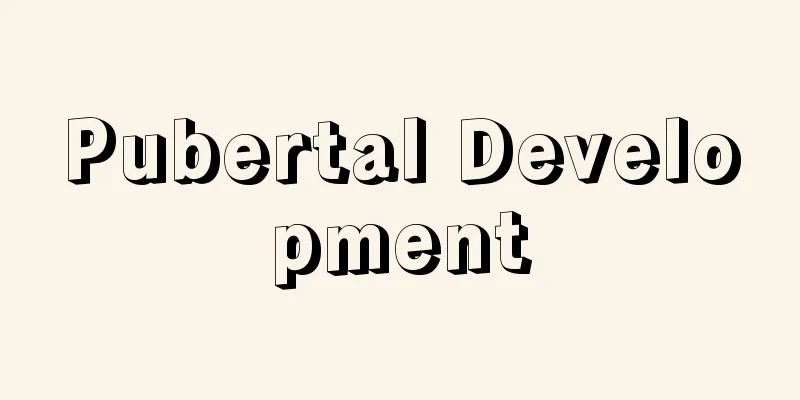Can I eat ginseng during confinement?

|
Ginseng is a traditional Chinese medicinal material with excellent tonic effects. In daily life, people can also take in the nutrients of ginseng by soaking it in water or stewing it in soup to improve their body functions and immunity. So, for women who are in confinement after childbirth, can ginseng be used to nourish the body? In fact, it is not common for women to take ginseng immediately after giving birth. Because this can cause women to experience symptoms of postpartum hemorrhage. 1. Can I eat ginseng during confinement? Nutritionist: For mothers who have just given birth, it is not advisable to take ginseng immediately after delivery. Because the blood vessels of the internal and external reproductive organs of the mother's body have been damaged, it takes a certain amount of time to repair. If ginseng is taken at this time, it will not be conducive to the recovery of the damaged blood vessels, and symptoms such as continuous bleeding and postpartum hemorrhage may occur. 2. How long after giving birth can you eat ginseng? About three weeks after delivery, a healthy new mother's wound has healed and lochia has been eliminated. At this time, she can take some ginseng, which can not only nourish the body but also enhance the body's immunity. Note: It is advisable to take 5 grams of ginseng each time, with an interval of 3-7 days. It is not advisable to take it continuously for several days. 3. The disadvantages of eating ginseng during confinement 1. Insomnia. Ginseng contains ginsenosides, which can produce a stimulating effect. If ginseng is taken immediately after delivery, the mother will experience insomnia, irritability, and restlessness, which will affect the new mother's rest and physical recovery. 2. Bleeding. Ginseng has the effects of resisting fatigue, replenishing blood and promoting blood circulation. After a mother eats ginseng, the blood circulation in the body is accelerated, which may cause postpartum hemorrhage. 3. Weaning. Ginseng and ginseng roots can inhibit milk secretion and have the effect of weaning, so they are not suitable for breastfeeding mothers. Note: Ginseng, hawthorn, leek, and malt are all foods that can reduce milk production. Postpartum mothers should not eat them during the breastfeeding period. 4. Aggravate the condition. Mothers with high blood pressure or pregnancy-induced hypertension should not eat ginseng, as this will aggravate their high blood pressure. In addition, new mothers with high blood lipids and arteriosclerosis will experience weight gain, slow reaction, and lightheadedness after taking ginseng. Therefore, mothers of the above groups should not take ginseng. |
<<: Can I hold my baby during confinement?
>>: Can confinement help you lose weight?
Recommend
How to make steamed buns with dough? What kind of flour makes buns especially soft?
Steamed buns are one of the most popular pasta ch...
Can a mother breastfeed if she is positive? What are the symptoms of a newborn baby infected with the new coronavirus? Experts say...
Recently, with the optimization and adjustment of...
Why is there still a little period on the eighth day?
Basically all women will experience some menstrua...
Cyclic changes in the ovaries
Aging is what women are most worried about and co...
Does your metabolism speed up or slow down during menstruation?
For premenopausal women, under normal circumstanc...
Can soy isoflavones increase breast size?
With the accelerated pace of life and the improve...
Follicle size and endometrial thickness
Sexual enlightenment education should not be avoi...
How to regulate diet for irregular menstruation?
Women's bodies are relatively weak during men...
The harm of long-term insomnia in women
The harm of long-term insomnia is not limited to ...
After the abortion, I had a lot of red bumps on my body
After the abortion, I had a lot of red bumps on m...
Can I eat yogurt during my period?
Nowadays, people pay great attention to health pr...
Is it normal to have abdominal pain during early pregnancy?
The process of pregnancy makes every mother feel ...
Gynecological examination caused bleeding in the cervix
For women, it is easy to have various gynecologic...
How to reduce breast size
Everything has a limit. It’s not good to be too b...
What kind of lychee is Putian lychee? What kind of lychee did Yang Guifei eat?
The main cultivated varieties of litchi include S...









